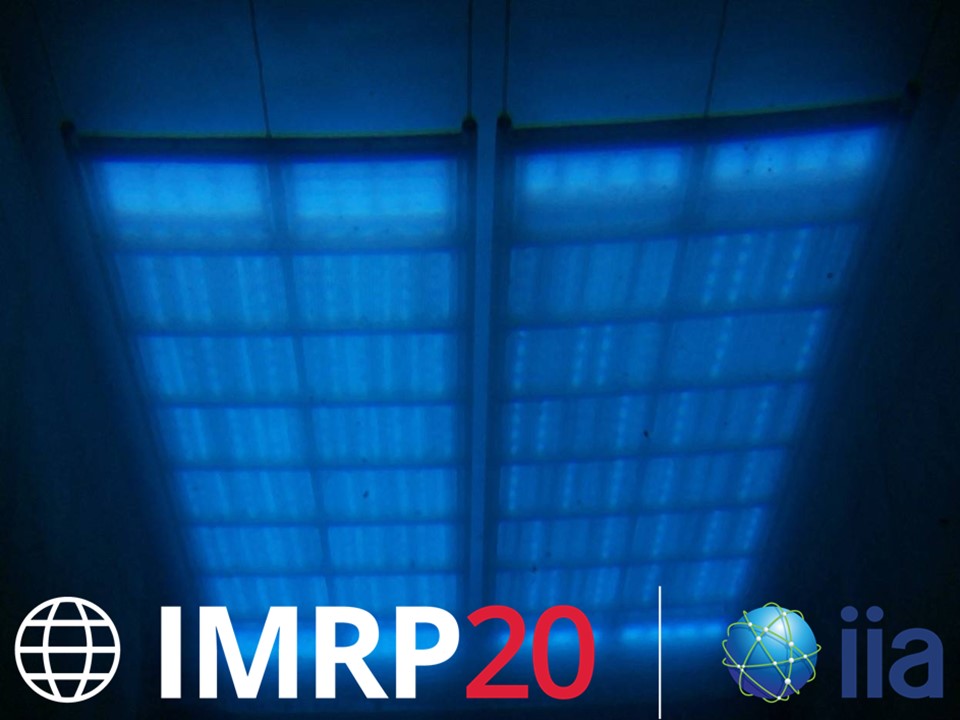Background
The radiation processing industry, which includes gamma irradiation facilities, is mature, heavily regulated and has an exemplary safety and security record. Nonetheless, radioactive cobalt-60 sources used for gamma irradiation do have the potential to cause great harm if they are not properly managed. A security incident resulting from the inadequate or negligent management of radioactive sources would likely affect normal business operations, the reputation of an organisation, and the wider irradiation community. An organisation could be held liable for significant damages, lose business and/or the use of its facilities, and suffer direct and indirect costs that could constitute a serious crisis for the organisation.
Operators of gamma irradiation facilities range from multinational organisations with multiple sites to smaller organisations with a single facility. These organisations operate under varying legal and regulatory frameworks and have their own internal arrangements and procedures. Meanwhile, the threats, such as from terrorism and cyberattack, have evolved in recent years, and it is important that security arrangements are assessed and updated on a regular basis. Therefore, there is an opportunity and need for the radiation processing industry to take note of international best practice and operational experience.
The International Irradiation Association (iia) and the World Institute for Nuclear Security (WINS) therefore decided to continue their longstanding collaboration and jointly organise a workshop in the margins of the 20th International Meeting on Radiation Processing (www.imrp-iia.com) on the Security of Gamma Irradiation Facilities Used for Radiation Processing.
Objectives
The objectives of the workshop were to share experience from strengthening gamma irradiator security by encouraging participants to discuss their lessons learned, good practices and remaining challenges in designing and implementing security arrangements for these facilities. In particular, it was an opportunity to review credible threats to the radioactive sources in use at gamma irradiation facilities and review various approaches for mitigating the radiological security risk.
The event discussed the importance of a robust organisational structure for security, key physical security features and the role of security awareness and culture amongst staff and managers. It also explored evolving aspects of radiological security and included presentations and discussions on innovative topics such as pool obscurant as extra layers of protection and cyber security measures for IT and OT systems. The workshop was finally an opportunity for WINS and iia to present the recently published Methodology for Assessing the Effectiveness of Security Arrangements at Gamma Irradiation Facilities.
Audience
The workshop was open to a group of up to 40 participants and targeted:
- Operators and suppliers of gamma irradiators
- Regulators responsible for the security of gamma irradiators
- Law enforcement agencies
- Security vendors and consultants
- Individuals that have a broader interest in the security of radioactive sources
Workshop costs were met by WINS. No registration fee was required. Participants were expected to meet their own costs for travel and accommodation and be responsible for obtaining a visa for traveling to Thailand.
The workshop content, the speakers and the participants were selected on the basis of gender parity, diversity, and inclusion principles and best practices. The workshop was conducted so that all views are represented and opinions heard. Female practitioners were strongly encouraged to apply.
WINS shared names and contact details of applicants with iia. WINS informed applicants of the outcome of their application following consultation with iia.
Process
This event was interactive built around a number of presentations from invited expert speakers, as well as plenary and small group discussions that enabled participants to further explore the topic and share their experience and lessons learned.
An instant electronic voting system allowed participants to provide their views on questions put to the workshop by anonymously registering their opinions using a keypad.
The workshop was held in English. As with all WINS events, the discussions were unclassified but subject to Chatham House rules (what was said can be reported, but not attributed).
(Image courtesy of STERIS AST)
